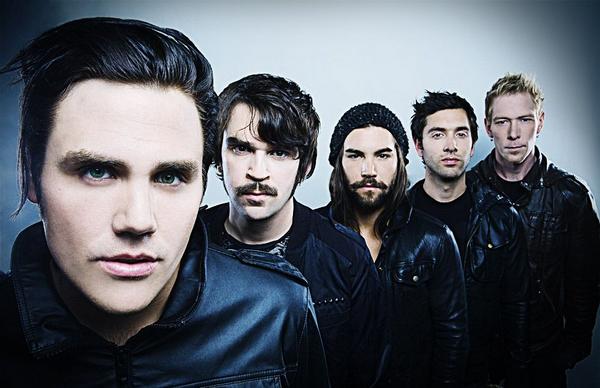Zombieland is exactly what you would expect from its title and marketing, it’s a movie, about a land full of zombies, there’s no time for back-story, explanation, or exhibition about how, why, where, or what turned almost everyone into mindless, feasting machines, instead we (as an audience) are simply introduced to the post-apocalypse and to a few survivors who are each searching for something, and trying to stay alive.

The majority of the story focuses on Jesse Eisenberg’s Columbus (everyone is named after a city to keep from developing emotional attachments with real names) who is trying to get back to his namesake hometown and see if his parents are still alive. After Jesse introduces us to his “Rules” for staying alive in a zombie infested land, he eventually meets up with Tallahassee (Woody Harrelson) and the two of them eventually happen upon Wichita (Emma Stone) and Little Rock (Abigail Breslin) and a tenuous alliance is formed.
There are stories of an amusement park where zombies don’t roam free, the girls are trying to find it in Los Angeles and reclaim some of young Little Rock’s youth while Tallahassee is running from his former life and Columbus listlessly wonders after being left with nothing.

The film is lean, mean, and incredibly well written and well acted. Harrelson in particular looks like he’s having the time of his life working on this picture as a redneck with a penchant to crack wise, kill everything in his way, and paint the number “3” on every care he’s able to steal. Eisenberg also excels playing a Michael-Cera-lite role of the fumbling everyman who eventually gets the girl and turns out to be more than he thought he could be.
First time feature film director Ruben Fleischer busts onto the scene with a love for beautifully crafted action sequences and slow motion cuts. His opening credit sequence is amazingly well done and immediately gets you in the mindset for this film.

The most surprising thing, like Shaun of the Dead before it, is that the combination of guts, gore, and guffaw is perfectly presented, easy to follow, and, most importantly, perfectly executed. Hearty belly-laughs are interplayed with sight gags and even a little bit of emotion as the four survivors grow closer.
Zombieland may very well be one of the best films of the year and easily one of the funniest, everyone owes it to themselves to partake in the experience and remember to keep up on the cardio an avoid the theater’s restroom.
















